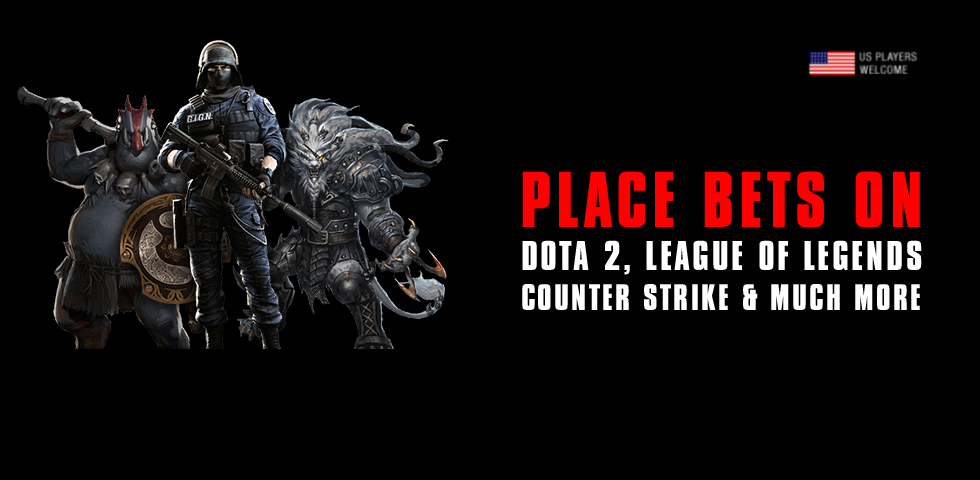In the last five to seven years, eSports have grown more intensely than in all of the previous years. New and large amounts of money have appeared, as well as new players on the market, eSports betting is on the high rise, and the momentum just adds up. As a result, requests have increased: faster, bigger, stronger – the main motto of any industry. Companies, players and everyone involved must stand out in order to survive. Each person has different resources to do so, but there is one trait that they all have in common – time. Let’s see why eSports live in a rush and how organizations, tournament operators and players handle it.
Where does the time fly?
You would say that Dota2 and CS:GO tournament operators have a lot of time at their disposal to coordinate next year’s events. But, scandals are right around the corner. Just remember the outbreak around the second ELEAGUE Major. When Valve announced their qualification and main event dates, Epic Esports and StarLadder immediately made their discontent known, as these dates overlapped their championships. This gets to show that the events calendar is so crowded that there is hardly any time for scheduling even a single tournament.
There is no time left even for the player’s rest. All last season, cyber players complained about the abundance of Dota Pro Series tournaments. Everybody understands that each is important in the selection for The International, but still, players felt that way. For example, after winning TI 2018, OG had to miss the first two tournaments of the year, on account of the players being burnout.
Players also got to be wary of any new surprises the game developers have in store for them: new powerful champions, statistics, releases of newly balanced patches every couple of months, all of which the players fine tune on the go.
Time is short, and clubs need results as soon as possible. But at the same time, organizations don’t have the resources to start from scratch, so instead of changing the roster from zero, they just replace the “points”. Sometimes it pays off, sometimes it sinks the team even further. On the other hand, because of the abundance of tournaments, the general impression of the competitive points becomes quite a blur, where some teams just happen to run one into the other. That’s what makes TI unique: without it, the actual Dota would have become far more boring.
Journalists don’t have the time it takes. Although cyber sports is a more restricted domain than traditional sports, even here the most important databases, notes and articles have got to be made with the utmost rapidity.
eSports betting fans concerned: how are the events affected?
Buying time is impossible, so all is left is adapting the circumstances. Top players have become more selective with the events they participate. Some even categorize them in priority and not a priority, without actually meaning they could skip tournaments that they have signed agreements with.
Developers have it the hardest. Riot’s LoL World Championship takes place over a whole month, just like all the regular sports do. Meanwhile, Blizzard organizes OWL games in its studios and, on account of the million dollars investments, it can organize the tournament the way the investors please.
Dota and CS:GO are a little bit more complicated. The complaints received from players forced Valve to reconsider and to reduce by more than half the number of events, with clear rules about the participants. Some try and experiment trying to overpass the time-consuming group’s stages followed by play-offs formats.
How are they managing all?
Some consider the lack of time as a characteristic of the top teams, although when it comes down to CS:GO things get a bit more complicated. Even the top teams can’t avoid playing the online leagues, while the ones from the bottom part of the leaderboard play mainly online.
Tournaments operators manage the difficult part, but every one of them is certain: time restraints, objective or not, are the unavoidable companionship of any tournament. Therefore, compromises must be made, certain staging decisions canceled, or scheduling the event on less favorable dates, in order for more top teams showing up.
The industry is quickly growing and so, the time is constantly decreasing. Organizations and players need to adapt or ask help from their bigger brothers from the sports industry. It’s business as usual, but an extremely interesting process to follow through.



